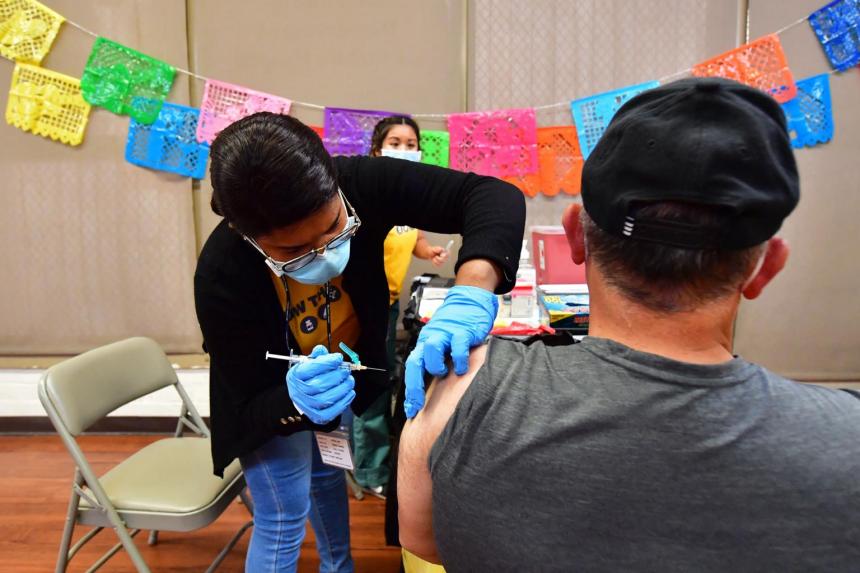Not if but when the next pandemic strikes, the speed at which technology moves to produce a new vaccine will be one of our greatest assets. But one of our largest liabilities follows close behind - because of its very newness, people are likely to hesitate to take the vaccine.
In the current Covid-19 pandemic, we have already seen that people's reluctance to be vaccinated has been one of the largest public policy stumbling blocks. In the current pandemic, hesitancy has been mapped across the world: In a survey of 13,426 people across 19 countries, less than half (or only 47 per cent) reported that they "completely agree" with getting a Covid-19 vaccine.
Already a subscriber? Log in
Read the full story and more at $9.90/month
Get exclusive reports and insights with more than 500 subscriber-only articles every month
ST One Digital
$9.90/month
No contract
ST app access on 1 mobile device
Unlock these benefits
All subscriber-only content on ST app and straitstimes.com
Easy access any time via ST app on 1 mobile device
E-paper with 2-week archive so you won't miss out on content that matters to you

